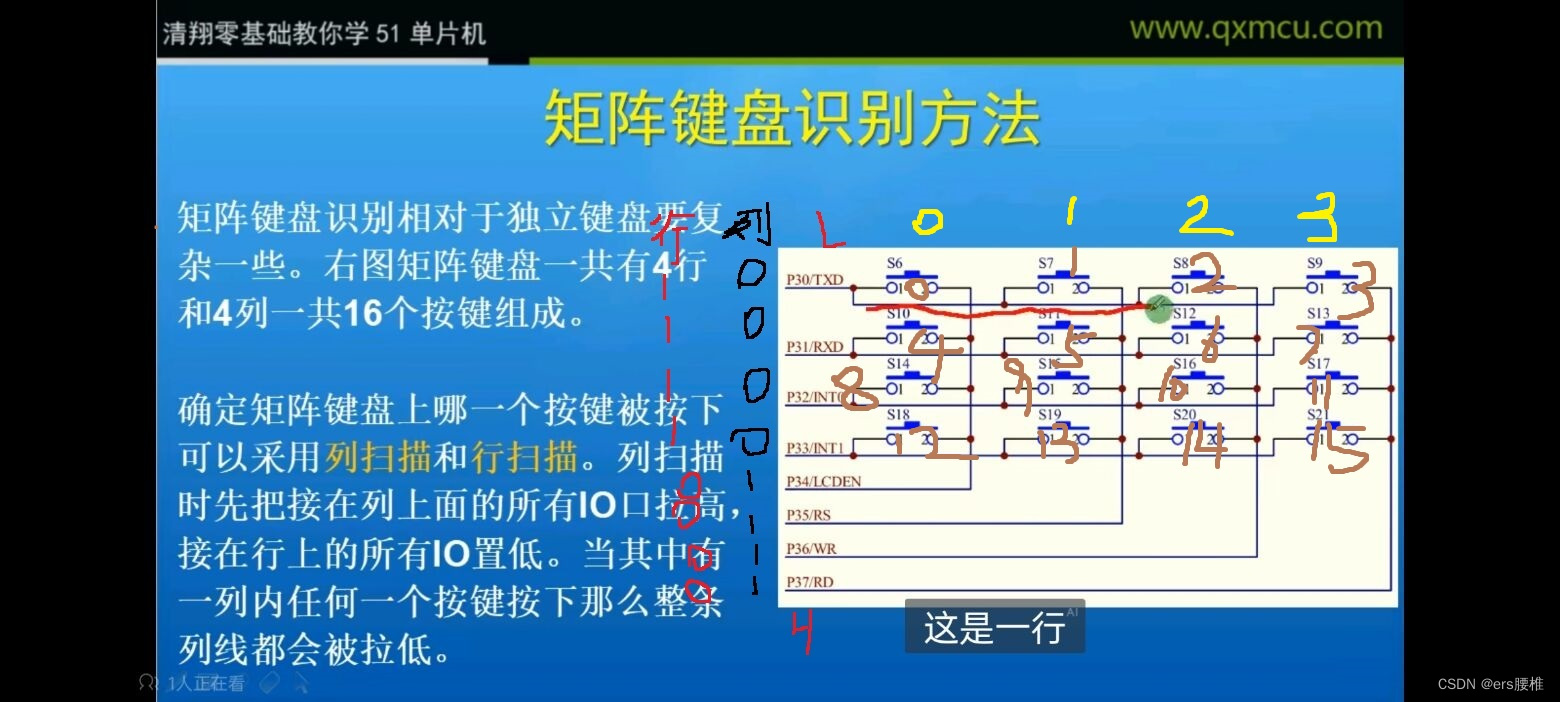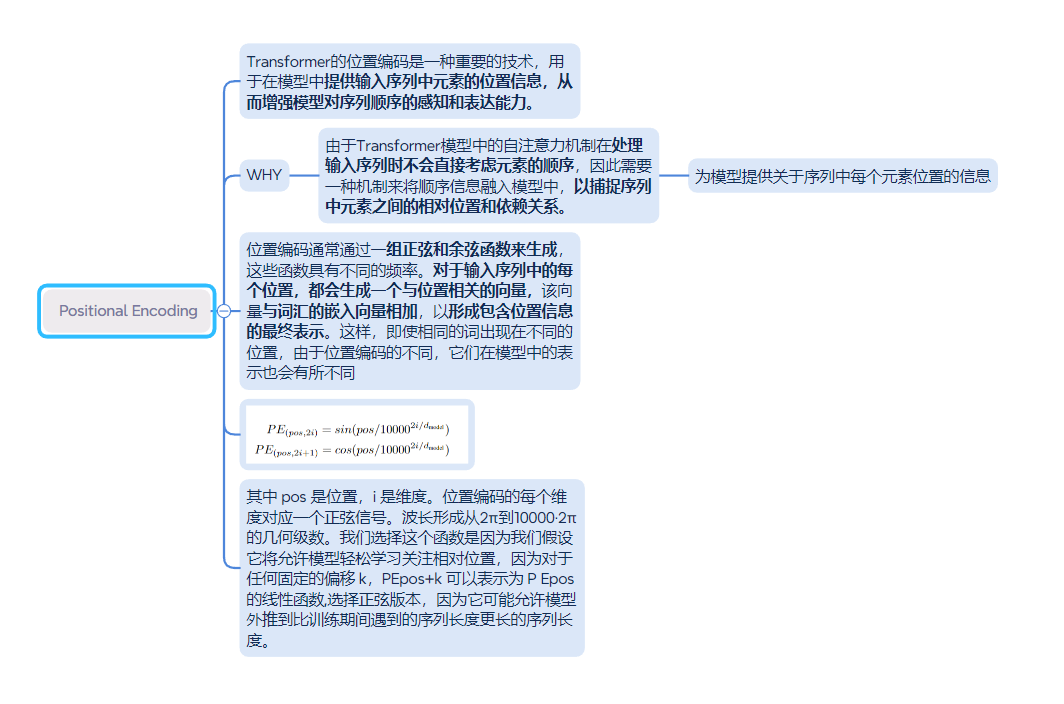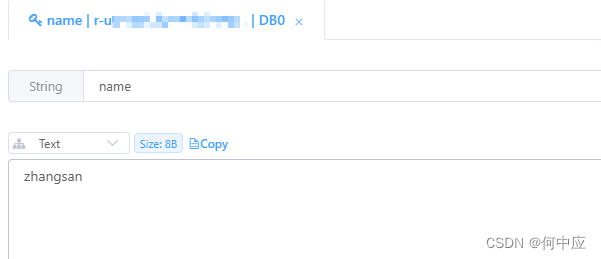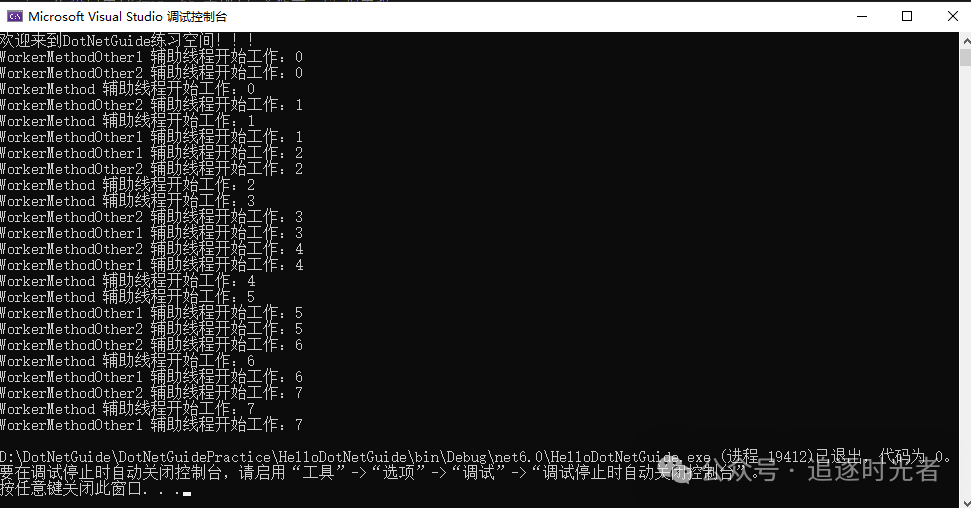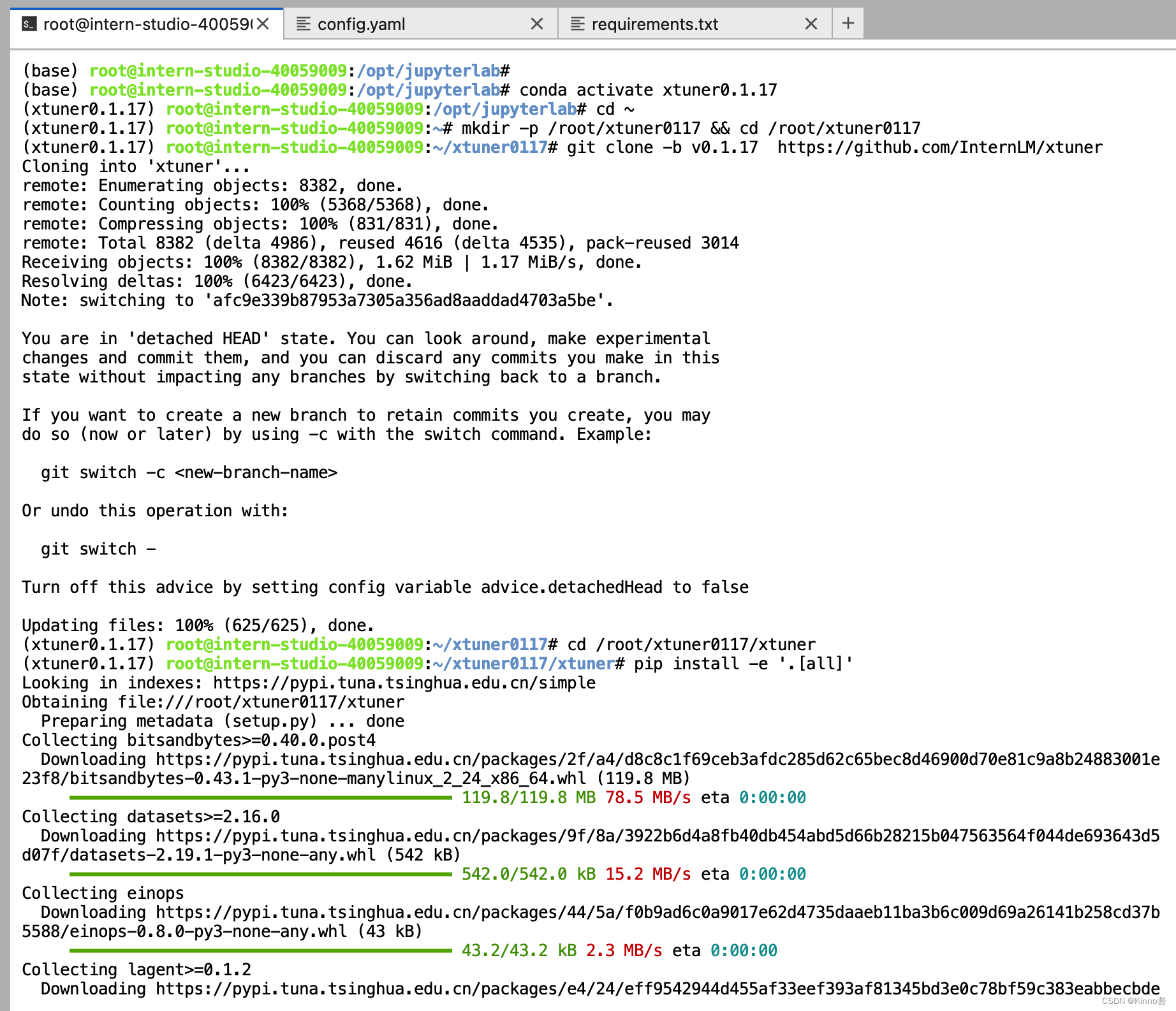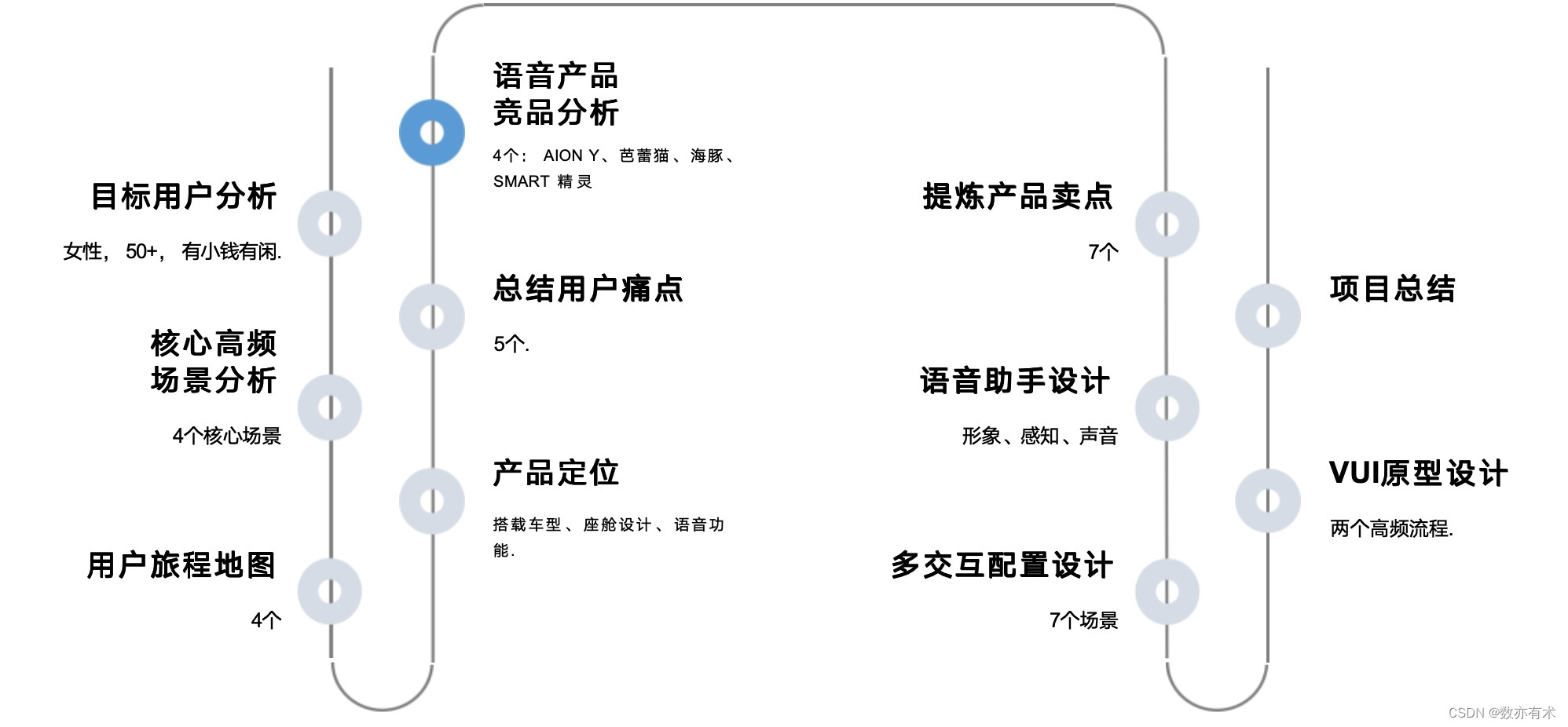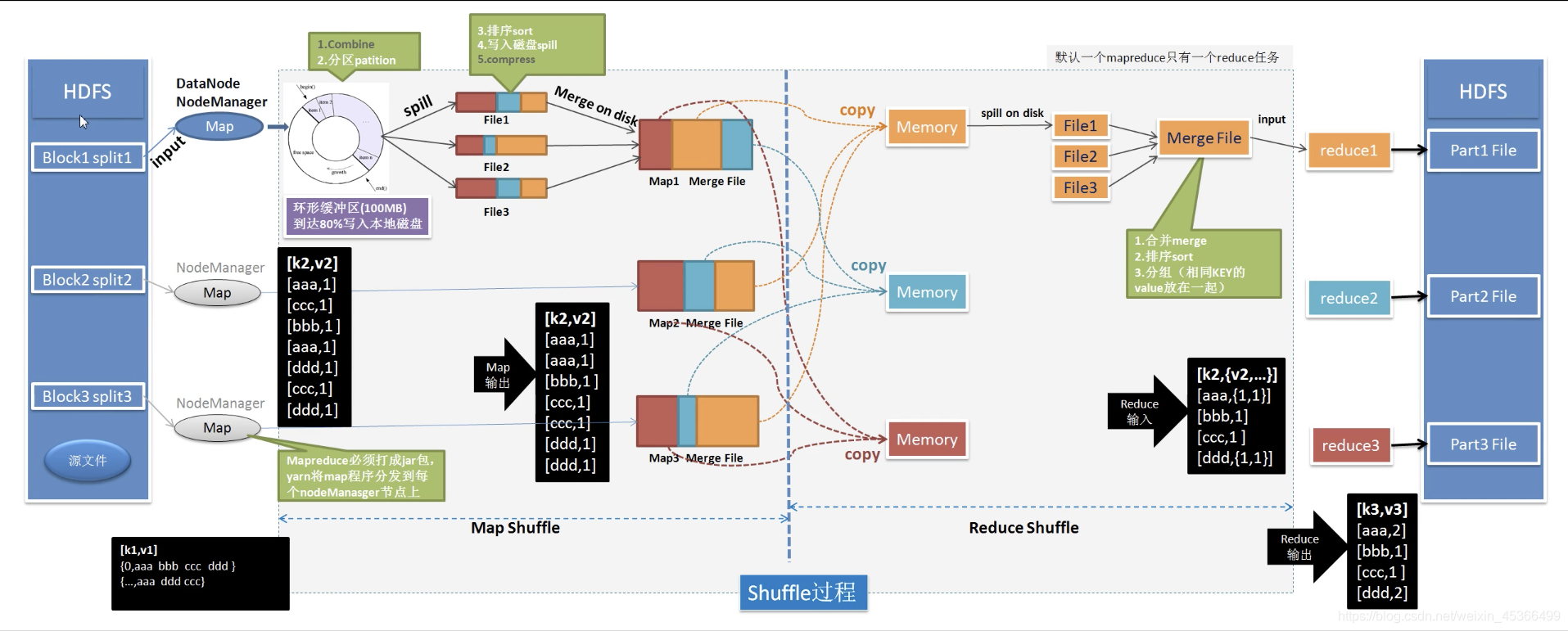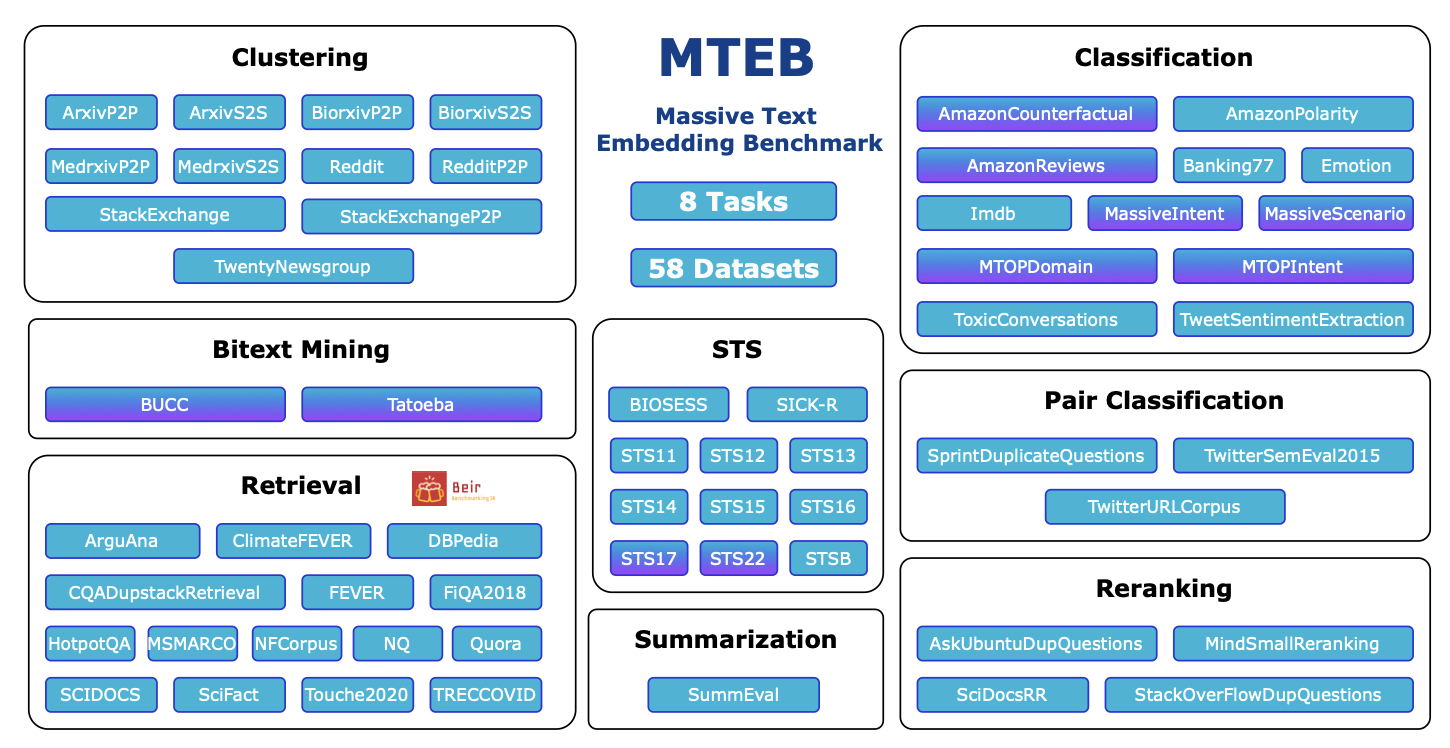类的六个默认成员函数
如果一个类中什么成员都没有,简称为空类。空类中什么都没有吗?并不是的,任何一个类在我们不写的情况下,都会自动生成下面6个默认成员函数
①初始化和清理:构造函数和析构函数
②拷贝复制:拷贝构造和复制重载
③取地址重载:普通对象和const对象取地址重载(不常实现)
构造函数
概念:
class Date
{
public:
void SetDate(int year,int month,int day)
{
_year = year;
_month = month;
_day = day;
}
void ShowDate()
{
cout << _year << "-" << _month << "-" << _day << endl;
}
private:
int _year;
int _month;
int _day;
};
int main()
{
Date d1;
d1.SetDate(2024, 5, 7);
d1.ShowDate();
return 0;
}对于Date类,可以通过SetDate公有的方法给对象设置内容,但是如果每次创建对象都调用该方法设置信息,未免有点麻烦,那能否在对象创建时,就将信息设置进去呢?
构造函数是一个特殊的成员函数,名字与类名相同,创建类类型对象时由编译器自动调用,保证每个数据成员都有 一个合适的初始值,并且在对象的生命周期内只调用一次
虽然叫做构造函数,但是主要任务不是开辟空间创建对象,而是初始化成员变量
特征:
① 函数名与类名相同。
②无返回值。
③对象实例化时编译器自动调用对应的构造函数。
④构造函数可以重载
class Date
{
public:
Date()//无参构造
{
}
Date(int year, int month, int day)//带参构造
{
_year = year;
_month = month;
_day = day;
}
private:
int _year;
int _month;
int _day;
};⑤:如果类中没有显式定义构造函数,则C++编译器会自动生成一个无参的默认构造函数,一旦用户显式定义编译器将不再生成
class Date
{
public:
/*
// 如果用户显式定义了构造函数,编译器将不再生成
Date (int year, int month, int day)
{
_year = year;
_month = month;
_day = day;
}
*/
private:
int _year;
int _month;
int _day;
};⑥无参的构造函数和全缺省的构造函数都称为默认构造函数,并且默认构造函数只能有一个。注意:无参构造函数、全缺省构造函数、我们没写编译器默认生成的构造函数,都可以认为是默认成员函数。
class Date
{
public:
Date()
{
_year = 1900;
_month = 1;
_day = 1;
}
Date(int year = 1900, int month = 1, int day = 1)
{
_year = year;
_month = month;
_day = day;
}
private:
int _year;
int _month;
int _day;
};
//编译报错!
int main()
{
Date d1;
return 0;
}如我们所料:
⑦关于编译器生成的默认成员函数:C++把类型分成内置类型(基本类型)和自定义类型。内置类型就是语法已经定义好的类型:如 int/char...,自定义类型就是我们使用class/struct/union自己定义的类型 默认生成的成员函数就会调用成员变量的成员函数。
析构函数
概念:
析构函数:与构造函数功能相反,析构函数不是完成对象的销毁,局部对象销毁工作是由编译器完成的。而对象在销毁时会自动调用析构函数,完成类的一些资源清理工作
特征:
①析构函数名是在类名前加上字符 ~。
②无参数无返回值。
③ 一个类有且只有一个析构函数。若未显式定义,系统会自动生成默认的析构函数。
④ 对象生命周期结束时,C++编译系统系统自动调用析构函数。
typedef int DataType;
class SeqList
{
public:
SeqList(int capacity = 10)
{
_pData = (DataType*)malloc(capacity * sizeof(DataType));
assert(_pData);
_size = 0;
_capacity = capacity;
}
~SeqList()
{
if (_pData)
{
free(_pData); // 释放堆上的空间
_pData = NULL; // 将指针置为空
_capacity = 0;
_size = 0;
}
}
private:
int* _pData;
size_t _size;
size_t _capacity;
};⑤关于编译器默认生成的析构函数,会调用成员的默认析构函数。
拷贝构造函数
构造函数:只有单个形参,该形参是对本类类型对象的引用(一般常用const修饰),在用已存在的类类型对象创建新对象时由编译器自动调用
① 拷贝构造函数是构造函数的一个重载形式。
②拷贝构造函数的参数只有一个且必须使用引用传参,使用传值方式会引发无穷递归调用
如果参数不是引用的形式,调用拷贝构造的时候会发生传值拷贝,而传值拷贝又要调用拷贝构造,会发生无穷递归调用!
③若未显示定义,系统生成默认的拷贝构造函数。 默认的拷贝构造函数对象按内存存储按字节序完成拷贝,这种拷贝我们叫做浅拷贝,或者值拷贝
④如果类成员变量中有指针的话,我们一定要手动写拷贝构造函数,因为默认拷贝会将两个对象指向同一个位置(地址相同),这样析构时一块空间释放两次,导致程序崩溃
赋值运算符重载
C++为了增强代码的可读性引入了运算符重载,运算符重载是具有特殊函数名的函数,也具有其返回值类型,函数名字以及参数列表,其返回值类型与参数列表与普通的函数类似。
函数名字为:关键字operator后面接需要重载的运算符符号。
函数原型:返回值类型 operator操作符(参数列表)
不能通过连接其他符号来创建新的操作符:比如operator@
重载操作符必须有一个类类型或者枚举类型的操作数
用于内置类型的操作符,其含义不能改变,例如:内置的整型+,不 能改变其含义
作为类成员的重载函数时,其形参看起来比操作数数目少1成员函数的
操作符有一个默认的形参this,限定为第一个形参
.* 、:: 、sizeof 、?: 、. 注意以上5个运算符不能重载
class Date
{
public:
Date(int year = 1900, int month = 1, int day = 1)
{
_year = year;
_month = month;
_day = day;
}
bool operator==(const Date& d2)
{
return _year == d2._year
&&_month == d2._month
&& _day == d2._day;
}
private:
int _year;
int _month;
int _day;
};赋值运算符重载(operator=)
class Date
{
public:
Date(int year = 1900, int month = 1, int day = 1)
{
_year = year;
_month = month;
_day = day;
}
Date(const Date& d)
{
_year = d._year;
_month = d._month;
_day = d._day;
}
Date& operator=(const Date& d)
{
if (this != &d)
{
_year = d._year;
_month = d._month;
_day = d._day;
}
}
private:
int _year;
int _month;
int _day;
};模拟简单实现一个类
class Date
{
public:
Date()//无参构造
{}
Date(int year, int month, int day)//带参构造
{
_year = year;
_month = month;
_day = day;
}
Date(const Date& d)//拷贝构造
{
_year = d._year;
_month = d._month;
_day = d._day;
}
Date& operator=(const Date& d)
{
if (this != &d)
{
_year = d._year;
_month = d._month;
_day = d._day;
}
}
~Date()
{
}
int getMonthDay(int year, int month)
{
static int days[13] = { 0, 31, 28, 31, 30, 31, 30, 31, 31, 30, 31, 30, 31 };
int day = days[month];
if (month == 2
&& ((year % 4 == 0 && year % 100 != 0) || (year % 400 == 0)))
{
day += 1;
}
return day;
}
Date& operator+=(int day);
Date& operator-=(int dat);
Date& operator++();//前置++
Date& operator--();//前置--
Date& operator++(int);//后置++
Date& operator--(int);//后置--
bool operator>(const Date& d);
bool operator< (const Date& d);
bool operator== (const Date& d);
private:
int _year;
int _month;
int _day;
};![[Markdown]是时候该学学使用markdown写文章了](https://img-blog.csdnimg.cn/direct/40ea98db23f2482b9ca383d3b9415a2f.gif)
